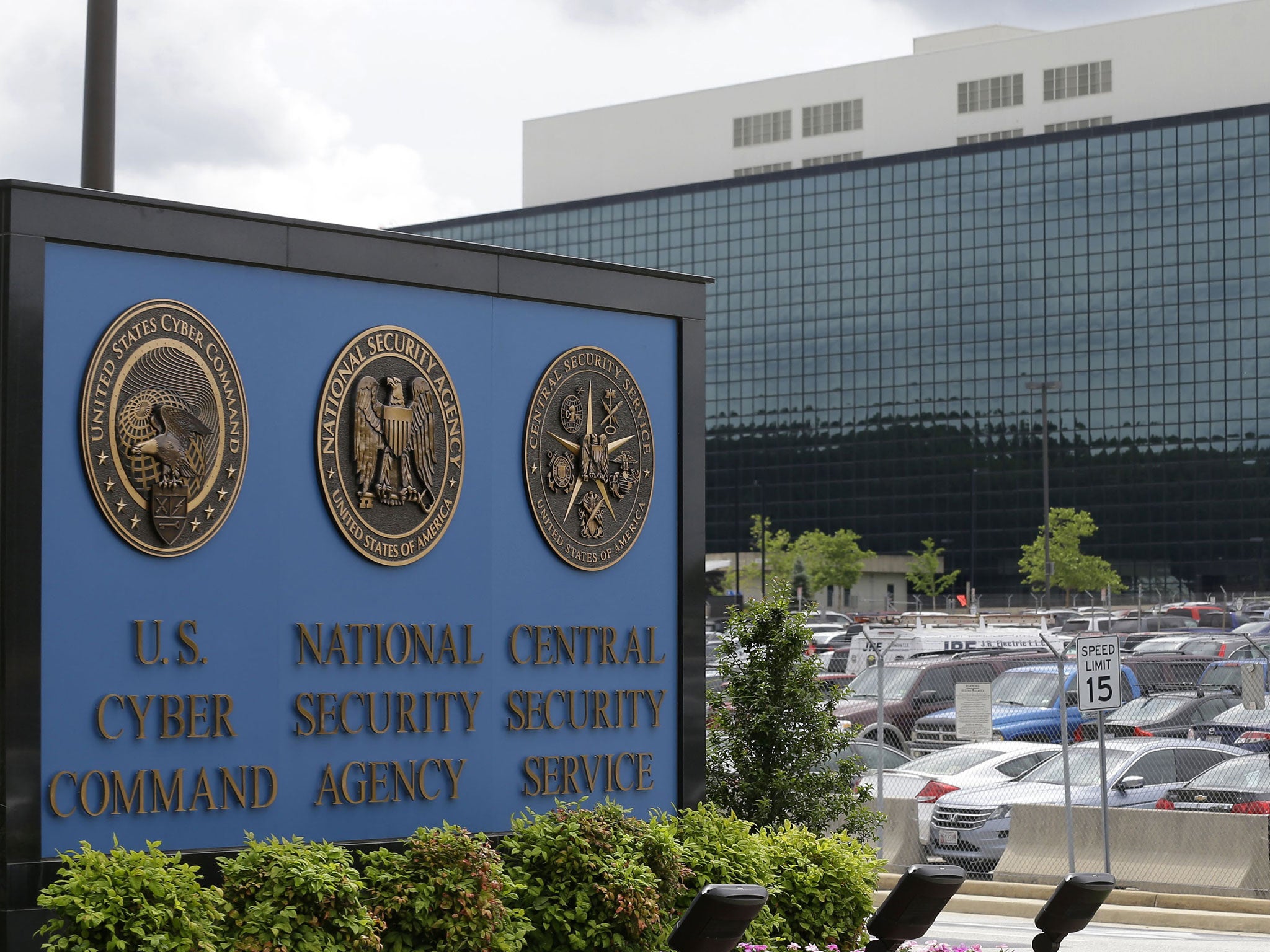NSA surveillance row: US phone-tapping revealed by Edward Snowden 'likely unconstitutional', says judge

The bulk collection of Americans’ phone records by the National Security Agency most likely runs counter to the US Constitution, a federal judge has ruled, labelling the technology behind the program as “almost-Orwellian.”
In a 68-page ruling against the government, US District Judge Richard Leon said he could not “imagine a more ‘indiscriminate’ and ‘arbitrary invasion’ than this systematic and high-tech collection and retention of personal data on virtually every single citizen.” Noting that such a program “surely” infringes on the privacy rights enshrined in the fourth amendment to the US Constitution, he went on to say that he had “little doubt” that the author of constitution, James Madison, “would be aghast” at the scope of the data-collection program.
The ruling follows a suit by a conservative legal activist and other plaintiffs challenging the NSA program after the extent of the agency’s phone-surveillance activities were disclosed in documents leaked by former NSA contractor Edward Snowden. Judge Leon’s ruling is unlikely to have any immediate effect on the program, however, as he stayed his injunction against the NSA’s activities to give the government time to file an appeal, a move he attributed to “the significant security interests at stake in this case and the novelty of the constitutional issues”.
Nonetheless, the judgement - the first successful legal challenge against the NSA since Mr Snowden’s leaks first appeared in The Guardian and The Washington Post - is a blow for the secretive agency and the Obama administration.
In a separate development, the White House has dismissed suggestions that the US could grant Mr Snowden amnesty in return for unreleased security documents thought to be in his possession.
Such speculation was ignited over the weekend after an advisory committee investigating the fallout of the security breach submitted a report to President Obama. On Sunday, Rick Ledgett, who leads the committee, told CBS News that it was "worth having a conversation about" granting asylum to the whistleblower. “My personal view is, yes, it's worth having a conversation about," Mr Ledgett said. "I would need assurances that the remainder of the data could be secured and my bar for those assurances would be very high."
That was sharply dismissed by the White House press secretary Jay Carney on Monday. "Our position has not changed on that matter at all," Mr Carney said. "Mr Snowden has been accused of leaking classified information and he faces felony charges here in the United States. He should be returned to the United States as soon as possible, where he will be accorded full due process in our system."
More than six months since the first leaks, the fallout from the NSA security scandal has prompted a global debate on the boundaries between liberty and security. The conclusions of the advisory committee report, submitted to the president on Friday, are expected to be made public next month. President Obama is expected to then announce which recommendations he will act on.
Subscribe to Independent Premium to bookmark this article
Want to bookmark your favourite articles and stories to read or reference later? Start your Independent Premium subscription today.

Join our commenting forum
Join thought-provoking conversations, follow other Independent readers and see their replies